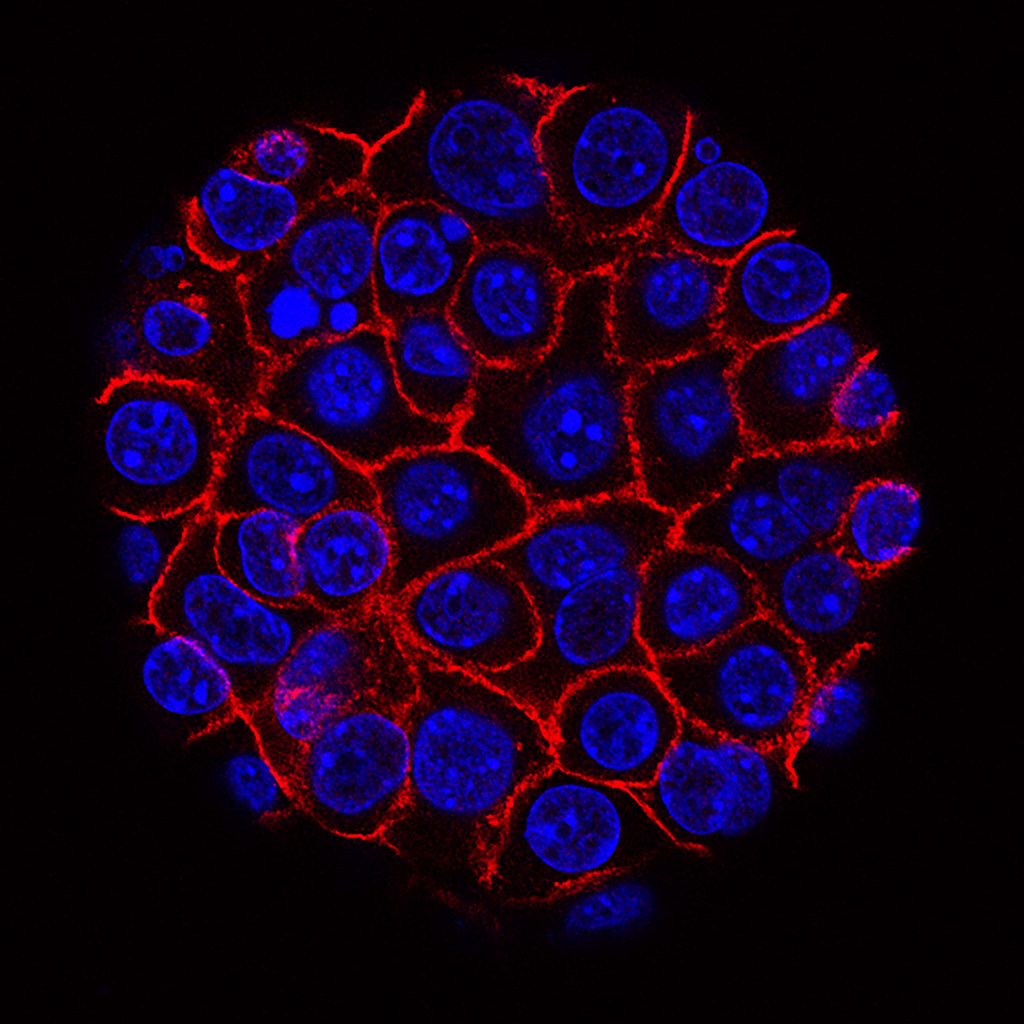
Prognostic and predictive blood-based biomarkers for pancreatic cancer
Value Proposition
Pancreatic cancer is among the deadliest types of cancer, with only 8.2% of patients surviving five years after diagnosis. Therapeutics that inhibit either VEGF signaling pathways or mitogenic signaling through the epidermal growth factor receptor (EGFR) pathway are among the most widely used targeted therapeutics in oncology. However, almost all cancer patients develop resistance to any given therapy; defining the mechanisms of this resistance helps direct the use of other therapies, including combination regimens to delay, prevent, or overcome this resistance. Clinically, there have been several reports of biomarkers whose expression levels change in response to treatment. However, markers that predict which patients will derive greater or lesser benefit from anti-VEGF therapy have been elusive.
Technology
Duke researchers have reported a method for predicting the responsiveness of using a VEGF targeting agent to treat a patient with pancreatic cancer. A blood-based measurement of a panel of angiogenesis markers accurately predicts which pancreatic cancer patients are likely or not-likely to respond to treatment with bevacizumab in addition to gemcitabine, thereby providing for personalized selection of novel treatments for pancreatic cancer therapy. This invention incorporates a technology for multiplexed measurement of biomarkers in pancreatic cancer patient blood samples which, taken together using a novel statistical method, predict for response to bevacizumab treatment. Additionally, several of these markers were shown to be of prognostic value for determining overall survival and progression-free survival regardless of bevacizumab treatment. These biomarkers have been validated in a large Phase III trial of bevacizumab + gemcitabine and represent the first method for prediction of patient responsiveness to therapy on this scale.
Other applications
This technology may also be useful for the prediction of patient responsiveness to other types of anti-angiogenic therapy.
Advantages
- Enables a personalized-medicine approach to the treatment of pancreatic cancer
- Discerns a minority population likely to respond to bevacizumab combination therapy
- Allows patients who are not responsive to receive alternative treatments which may be more effective